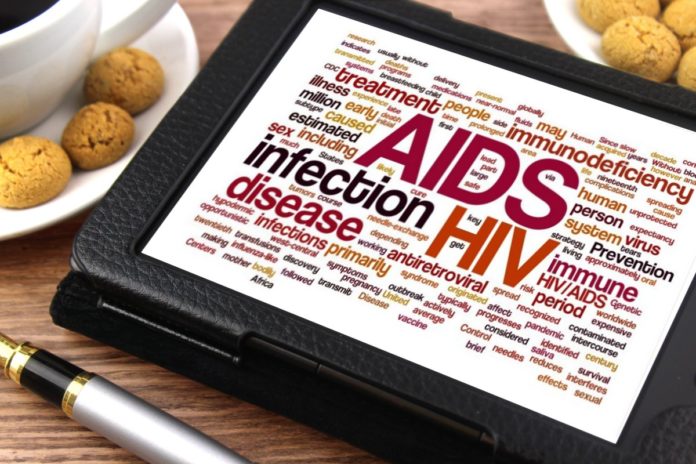The most beneficial age for a one-time screening HIV test of the general population would be 25, a new study has found. The report – led by researchers at Massachusetts General Hospital (MGH) working with the US Centers for Disease Control and Prevention (CDC) and the Massachusetts Department of Public Health – will be published in the Journal of Adolescent Health.
“The CDC currently recommends that every American be tested for HIV infection at least once between ages 13 and 64. We began by thinking that, if people are screened only once, it makes sense to get screened after the age when the most new HIV infections occur. We also thought that, if we accounted for all of the HIV testing that is already taking place in the U.S., an additional screening test for youth without known risk factors would be most useful at some point after age 18,” says Anne Neilan, MD, MPH, of the MGH Division of Infectious Diseases who led the study.
Experts say that many youth may be at higher risk than they, their parents or their health care providers believe
India does not have a protocol for universal screening – refers to testing of individuals who do not have symptoms of the infection – but it has recently started a system of “test and treat” for HIV positive individuals where they are started on anti retroviral therapy regardless of immune status. India has an estimated 21 lakh HIV+ people of which just about 14 lakh are known to be so. Experts however say that many youth may be at higher risk than they, their parents or their health care providers believe, so offering a one-time screening HIV test could identify infections that would otherwise be missed
The study used CDC data on new HIV diagnoses in 2013 and the stage of disease at the time of diagnosis to compare the probable results of implementing a one-time HIV screening test at various ages between 13 and 30. Using a well-published computer simulation model developed by members of the research team, the analysis revealed that adding a single HIV screening test at age 25 would most improve rates of HIV diagnosis and overall health outcomes among young adults while remaining cost effective. However, the results do not apply to youth at high risk, such as gay and bisexual males, who should be tested more frequently. Other populations at high risk for HIV infection include people who inject drugs and their sex partners, people who exchange sex for money or drugs, and sex partners of HIV-infected people.
Andrea Ciaranello of the MGH Division of Infectious Disease, senior author of the study, says, “For at-risk groups, HIV screening should occur much more frequently than once in a lifetime, since a single screen will only capture a very small proportion of the population with HIV. However, for young people who become infected by age 25, the gains in life expectancy and improvements in health outcomes, including viral suppression, from that one-time screening test would be substantial.”



Do you mind if I quote a couple of your articles as long as I
provide credit and sources back to your site? My website
is in the very same area of interest as yours and my visitors
would definitely benefit from a lot of the information you present here.
Please let me know if this okay with you. Many thanks!
Hey there I am so excited I found your blog, I really found you by
accident, while I was looking on Bing for something else, Nonetheless I am here now and
would just like to say many thanks for a marvelous post and a all round exciting blog (I also love the theme/design), I don’t
have time to read through it all at the minute but I have saved it and also added in your
RSS feeds, so when I have time I will be back to read more,
Please do keep up the excellent work.
Sweet blog! I found it while browsing on Yahoo News.
Do you have any suggestions on how to get
listed in Yahoo News? I’ve been trying for a while but I never seem to get there!
Many thanks